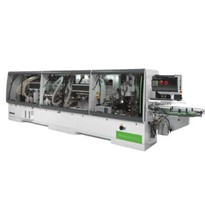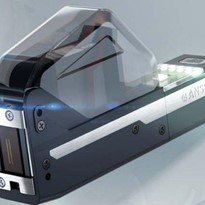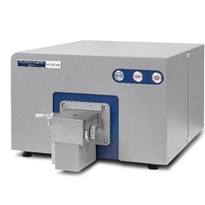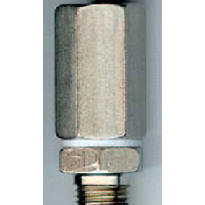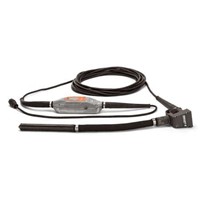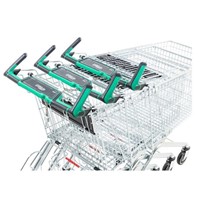According to Henk de Graaf, Managing Director at Industrial Automation Group, 'smart parks' that utilise cloud-based computing and the internet of things will become an important tool for busy parks professionals.
"Because there is now more work for park personnel, the efficiencies from smart parks will allow the same number of people to look after more parks in a more efficient way," he explains.
de Graaf, who presented the paper Smart Parks: A Future Vision or Reality? at IPWEA's Sustainability in Public Works 2016 Conference, says parks management has become increasingly labor-intensive and complicated, making innovations important.
"The management of these parks has become much more stringent now-days," he says.
Smart parks in Port Hedland
At the conference, de Graaf outlined the installation of a smart park in the Town of Port Hedland, which far from just controlling the irrigation, also allows for control of barbecues and floodlights.
"We started off with just a central irrigation controller, and then over the years we started adding in more and more features that apply to parks," he says.
"We thought 'Why don't we bring anything that is controlled and monitored into the same package?' That got us quickly into the electric barbecues that are being monitored now through the system, for faulty elements or the usage pattern, or even vandalism prevention, where it shuts off after a certain time, so nobody can melt a plastic bottle on the plate.
"That then moves into the control of floodlights, using swipe cards and a prepaid facility. So now, rather than just turning the lights on and off, sports clubs can go out to the park, swipe their card and choose which light they want on, in order to reduce their expenditure.
"We've had sporting clubs that are doing training in the middle of the week, and it's a big field with maybe 40 or 50 lights on there – they only need one pole with 15 lights on it, and they reduce their expenditure tremendously."
And, all the functions can be accessed from a tablet.
"One of the nice things with the new technology is that park professionals now can walk around with a tablet, and get full control of everything," de Graaf says.
Town of Port Hedland Chief Executive Officer Mal Osborne says the project, which commenced in December 2014, has been very well-received.
"17 of the town's irrigated parks and garden sites are now connected to a centralised system and can be controlled and monitored by our teams with immediate access from a mobile phone or office-based computer," he says.
Osborne says the system gives the council easy access to ensure the availability of fresh and recycled water in the tanks, observe water quality and measure standpipe usage from a single location.
"On the back of the success of the irrigation system, further work was undertaken to address issues with floodlight use and also control of our community BBQ facilities," he says.
"The implementation of the smart floodlight control system has been extremely well-received by clubs within the community offering a reduction in lighting expenditure during training sessions and competitions."
de Graaf says different sections of an organisation can leverage off the systems.
"It brings together all the systems within a park, and makes them accessible to a variety of government agencies," he explains.
"A park irrigation controller is normally only used by the park and garden department. Now with the smart park, we get not only the finance department, we also get asset management, health, all these various departments within a local government agency, that can now start using the information that is available."
Grant Voss, Coordinator Sport Grounds and South Reserves at theTown of Port Hedland, outlines how this worked for the council.
"The parks and gardens department has been the leader actually driving the system, and we've dragged in the recreation department – they run the actual events and the bookings for our parks and gardens, and they're controlling the actual bookings for our lighting system," he explains.
"For the water quality, that part of the system is getting used by our environmental health officers. Our engineering department gets involved in it to monitor the standpipes. Even our finance department gets the financials, so everyone is coming in and using it."
de Graaf lists some common frustrations for parks professionals, and how a smart park could help:
- Annoying phone calls from the public that the irrigation was still on while it was raining.
Solution: install one or more weather stations and distribute their data to individual controllers. - Unsustainable power usage.
Solution: Dim path lights after 11 pm.
Solution: Turn barbecues off after early evening. - Unsustainable water consumption
Solution: Install an automatic wetting agent injection system and monitor the result via ethernet-based soil moisture sensors. - Poor asset management.
Solution: Use an asset management package that lets you put in all technical details of your equipment complete with detailed drawings and item costs.


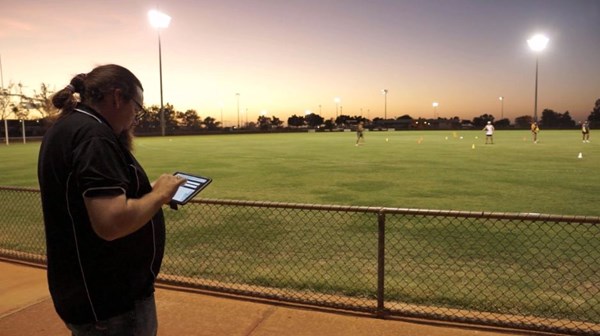
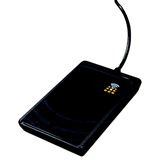
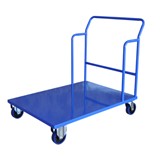

-160x160-state_article-rel-cat.png)

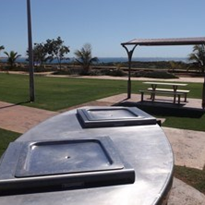
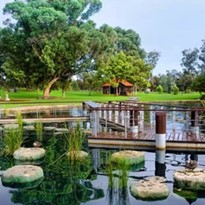
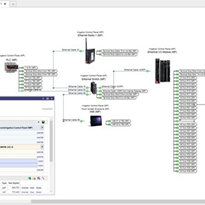
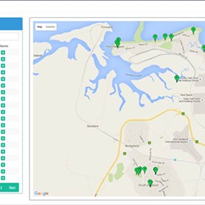
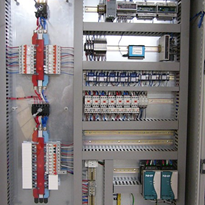
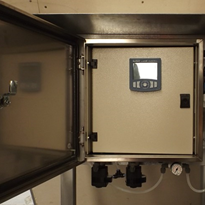
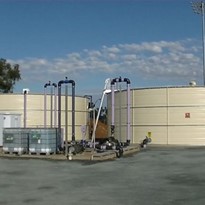
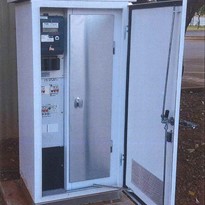
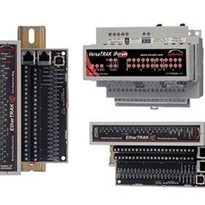
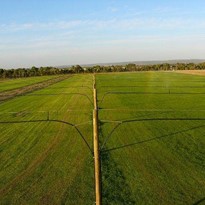
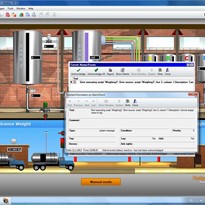
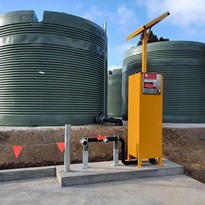

-205x205.jpg)
-205x205.jpg)
